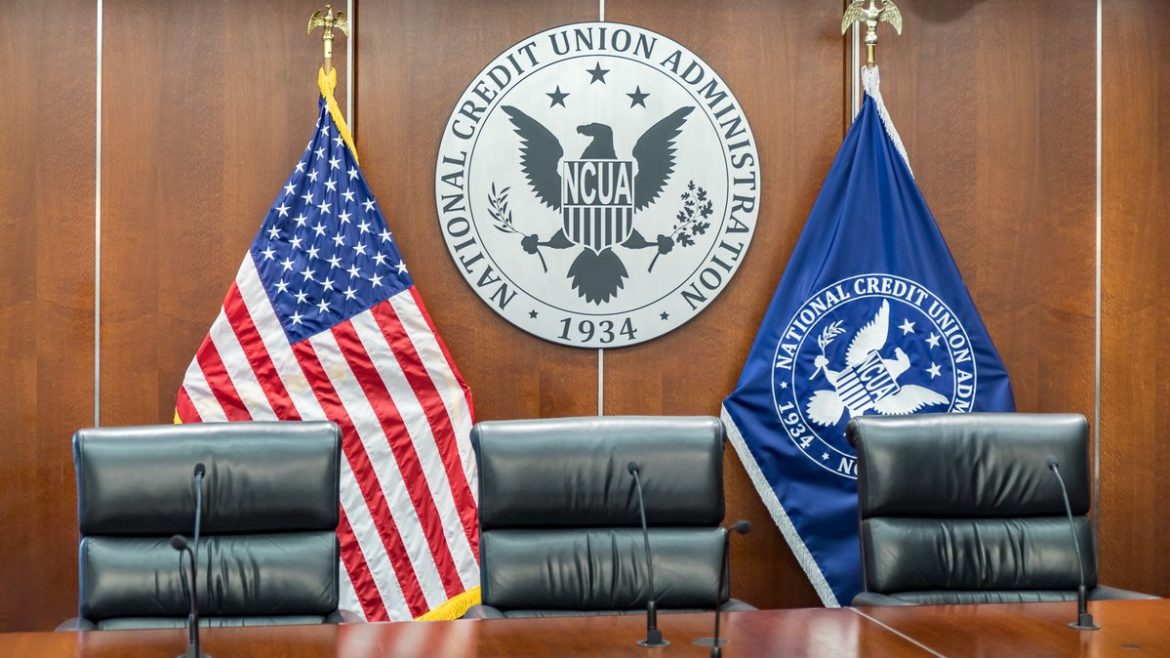Read more at chipfilson.com
Several leading business schools, Harvard, Yale, and Wharton, have offered courses to explore the role of capitalism. Do businesses have a responsibility beyond expanding shareholder wealth? How do concepts like ESG or DEI impact strategy?
Five years ago, one professor noted these issues would not be part of the core curriculum. Why are these courses outside the norm being offered? Who is the school’s customer? Are business schools becoming socially progressive?
A cautionary note about these boot camps for capitalism becoming more socially conscious was given by Jim O’Toole a long-time USC business school professor. “In the Dean’s view, the business community is their primary stakeholder. . . ranking of business schools reflects who hires the students. . . most businesses are not trying to hire woke students.”
The question for the NCUA
Every organization, no matter the legal design or setting, has a customer. Even governmental agencies.
December is a pivotal month on the NCUA calendar. Multiple budgets, staffing changes, and project priorities are being reviewed at the board level. The NCUSIF’s NOL is reset. The 2023 expense parameters are laid down including the OTR and the FCU operating fee.
Who is the NCUA’s customer? How does this focus affect these multiple spending and organizational priorities? Is there evidence the NCUA is becoming more sensitive to its customers?
Who is the NCUA’s customer?
Is it the 100 million plus credit union member-owners? There is no evidence of this. In fact, I can think of no example in which the NCUA has responded to individual members’ concerns, let alone supported their ownership rights. In fact, the NCUA has ignored numerous situations where members are routinely disadvantaged by their own institution.
Could it be the 4,500 cooperative institutions? Much of NCUA activity is directed toward the industry, its examinations, supervisory and admin roles, and rules. But the NCUA does not treat these as customers in any traditional sense of the term. It is very unusual for anyone at the NCUA to call out a credit union’s contributions on behalf of its members or communities.
Perhaps Congress is the “customer.” The NCUA claims independence from any traditional Congressional oversight via appropriations. It keeps its own funds and maintains backup liquidity from Treasury. It is an agency completely self-sufficient, outside of any Congressional approval.
If not Congress, then the Executive Branch that nominates the three-person board. Certainly board members assert party loyalty and will sometimes make overt efforts to follow administration priorities. But in the overall governmental structure, the NCUA is not a very visible part of any administration.
There is one other possibility that is alluded to in the frequently used justification for the NCUA’s actions to “protect the insurance fund.” From whom or what is never spelled out. But the implication is the NCUA is guarding the US Treasury against credit unions somehow calling on the government for support. There is no legal basis for such a belief, but this phrase is often used to justify some new rule or abrupt action without further explanation.
If all the obvious constituencies for who the NCUA’s customers are do not align with current practice, then who do NCUA board members and senior staff see as their primary customer?
The answer: themselves. The primary purpose of the NCUA is self-preservation.
Just like the business school curriculum, the ultimate customer determines the outcome. It is not the credit union member, credit union institutions, or even a cooperative system that drives the NCUA’s agenda and budgets. It is institutional growth as measured by budgets, staffing, and multi-year capital projects.
You might ask where does purpose fit into this organizational picture? It doesn’t.
If in doubt about the agency’s priorities, just follow the money. While there are multiple constituencies that claim an interest in the NCUA’s activities, only one stakeholder matters when it comes to counting the money.


























































